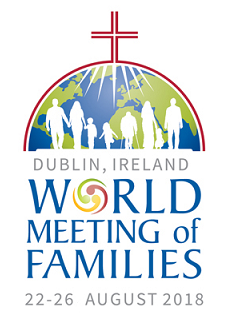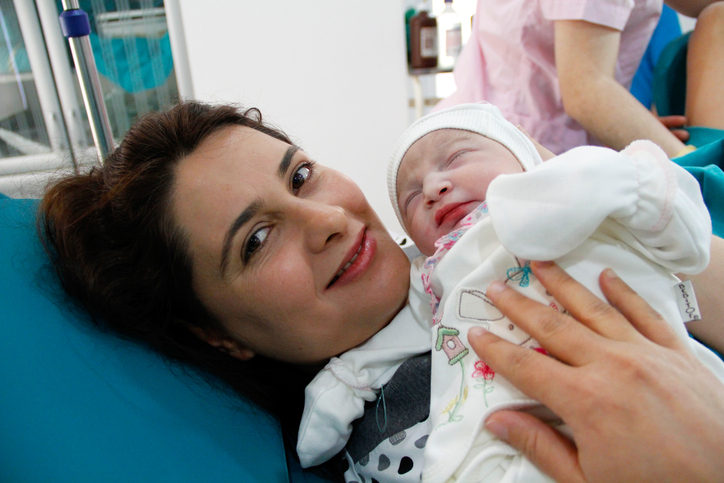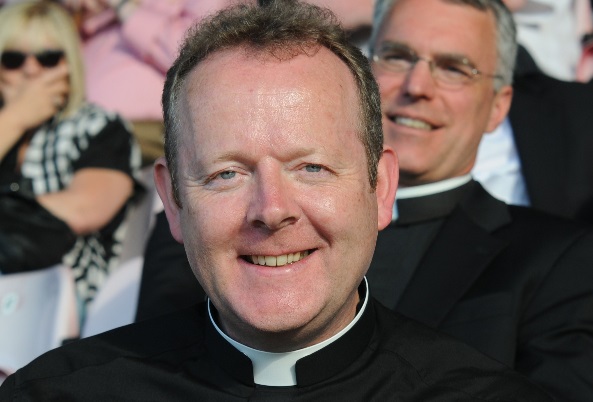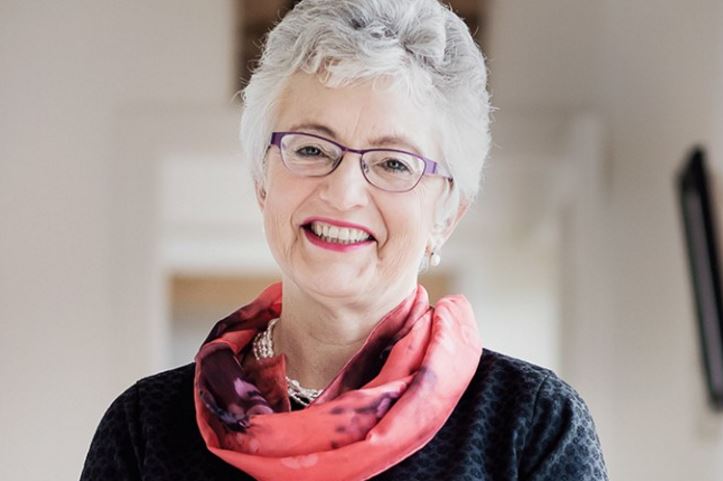
The upcoming World Meeting of Families is firmly focused on the theme of family, rather than any potential papal visit, according to one of its lead organisers, Fr Timothy Bartlett.
Writing in the Irish Times, Fr Bartlett said the family has been fundamental to the ministry of Pope Francis and he often repeats the famous phrase of St John Paul II that “the future of humanity passes by way of the family”, adding, “and the future of the church”. The family is, according to Francis, “the nearest hospital, the first school for the young, and the best home for the elderly”.
“In a world easily given to violence, inhumanity and disposal of the other, he remains convinced that it is this messy but grace-filled reality of the family that so often holds our lives and the world itself together,” said Fr Bartlett.
The global nature of the gathering also meant it could not get mired down in specifically Irish issues. “It is important that the meeting in Ireland, as well as the commentary and analysis leading up to it, avoids the temptation of becoming self-referential, of approaching the event and its significance solely in terms of Irish issues and the Irish church,” said Fr Bartlett.
“The year ahead is an opportunity to change the conversation, to focus instead on the global issues, the common human values and mutual interest between Church and society that converge in working together for the wellbeing of the family.”

A primary school in the US is facing tough questions from parents over a transgender lesson to a kindergarten class that concluded with one child exiting the class and then reappearing under a new gender identity. “These parents feel betrayed by the school district that they were not notified,” said Karen England with the Capitol Resource Institute. The incident happened earlier this summer during the last few days of the academic school year. The teacher read two children’s books about transgenderism including one titled “I am Jazz.” Parents say besides the books, the transgender student at some point during class also changed clothes and was revealed as her ‘true gender’.
“The kindergartners came home very confused, about whether or not you can pick your gender, whether or not they really were a boy or a girl,” said England.
Many parents say they feel betrayed and blindsided. “My daughter came home crying and shaking so afraid she could turn into a boy,” another parent said.
The school district defended the teacher’s actions saying the books were age-appropriate and fell within their literature selection policy. Unlike sex education, the topics of gender identity don’t require prior parental notice.

Marriage is a vital factor affecting the survival of patients who have had a heart attack, as well as those with the most important risk factors, according to research presented Monday at a Cardiology congress in Barcelona.
Researchers based at Aston Medical School in Birmingham, UK, used a database of almost one million patients hospitalised in England between 2000 and 2013 to study the effect of marital status on such patients.
Of those who had a heart attack, married patients were 14% more likely than single patients to survive after the event. Of those with the three biggest risk factors for heart disease, married patients with high cholesterol were 16% more likely to be alive at the end of the study while married people with diabetes or high blood pressure had a 14% and 10% higher survival, respectively, compared to those who were single.
Although the protective effect of marriage has been shown before, this is one of the largest studies of its kind.
Dr Paul Carter, lead author of the study, said: “Marriage, and having a spouse at home, is likely to offer emotional and physical support on a number of levels ranging from encouraging patients to live healthier lifestyles, helping them to cope with the condition and helping them to comply to their medical treatments. Our findings suggest that marriage is one way that patients can receive support to successfully control their risk factors for heart disease, and ultimately survive with them.”






